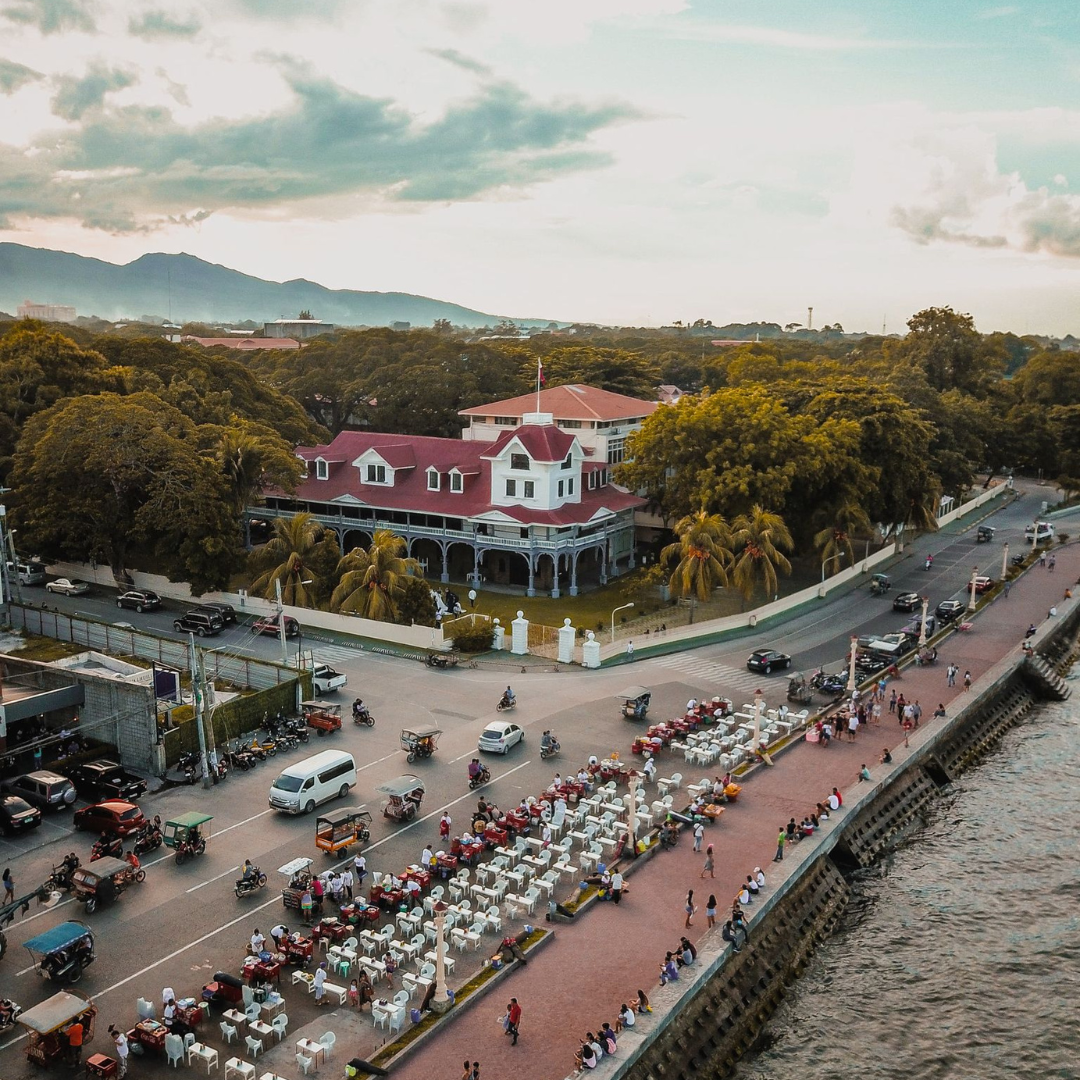
SU among world’s 100 universities recognized for social responsibility initiatives

Silliman University, through its program on fighting information disorder on social media, lands 72nd place in the 2024 World University Rankings for Innovation (WURI) under its social responsibility category.
On its website, WURI discloses that the category “focuses on researching and educating ethics and integrity, rather than solely concentrating on knowledge and skills for academic success.” This is demonstrated through the provision of “curriculum and course content on social responsibility, ethics, and integrity; research projects or initiatives on social responsibility; commitment to ethical leadership and governance; support on ethical decision-making skills and a sense of social awareness; and ethical research and publication practices.”
Funded by the United Board for Christian Higher Education in Asia, SU’s program, “Development of an Open Courseware with Animation & Gamification on Fighting Information Disorder on Social Media,” developed a Moodle-based online courseware comprising six modules that tackle misinformation, networked disinformation, trolls, fact-checking processes, privacy management, and responsible social media usage.
Dr. Dave E. Marcial, director of the Global Studies Center (GSC) and the program’s champion, says that social media has affected people’s lives greatly, changing their lifestyle and the way they think and communicate.
“Social media continues to disrupt, re-landscape, and impact information production and sharing,” he adds.
While he recognizes the power of social media and the way it has revolutionized the communication processes, he also acknowledges its downsides.
“Once misused, social media negatively impacts everyone’s life, socially, ethically, and mentally. Social media has many negative impacts on how information is produced, shared, and disseminated. Social media accelerates information disorder,” he admits.
Thus, the project aimed to develop a Moodle-based asynchronous courseware with animations and gamification to fight information disorder on social media. Specifically, it aimed to develop an online courseware with approximately 54 hours of engagement time; a portable version of the courseware that can run even without internet connectivity; animated and interactive resources with multiple formats (audio, video, text) applying the concept of micro-learning; and gamified activities and assessments.
Offering the coursework to students in higher education, the program hopes to develop in them a sense of social concern and civic responsibility by becoming responsible digital citizens; to sharpen their critical and analytical thinking skills in spotting fake news through animations and an educational game application; and to provide them online and offline versions of the courseware, promoting their self-paced and self-directed learning.
The development of the program involved several faculty and staff of the university, serving in different capacities: module writers, instructional designers/multimedia developers, learning management system (LMS) designer, and project staff/virtual classroom assistants.
The module writers included Asst. Prof. Alfie Q. Arcelo, faculty in-charge for Information, Quality, New Programs, GSC; Asst. Prof. Joy M. Dy; dean, College of Computer Studies; Asst. Prof. Janice Antoniette V. Forster, Manager, Sinergy TBI; Mr. Fredlie T. Bucog , faculty in-charge of Training & Engagement, GSC; and Asst. Prof.. Larry Vincent C. Regencia, coordinator, Business Analytics Program.
Among the instructional designers/multimedia developers were Ms. Aurielle Liza Z. Maypa; faculty member, Senior High School (SHS), Jan Cynth L. Palama, faculty member, SHS; Ms. Cindy Ruth R. Villariza, secretary, GSC; Mr. Britney James L. Seraspe, online support, Silliman Journal; Ms. Grace L. Apao (office assistant, CBA); and Asst. Prof. Myla Jean P. Sardan, faculty member, Business Analytics Program.
Mr. Jade O. Montemayor designed the LMS while Mr. Steve M. Binarao, administrative staff, Dr. Lao ICI Laboratory, GSC; and Mr. Russel Rhay Basiao, manager for non-degree programs, GSC served as project staff/virtual classroom assistant.
The project is in line with the innovation and digital transformation thrust of SU President Dr. Betty Cernol McCann’s administration.
ABOUT WURI
The WURI evaluates the actual contributions of educational institutions to industry and society and highlights innovative education, research, and engagement to society. Providing a comprehensive measure of institutions’ creative contributions to societal advancement, it encompasses 13 categories: student support and engagement; student mobility and openness; industrial application; entrepreneurial spirit; crisis management; social responsibility; generative AI application; support for global resilience; leadership; funding; infrastructure and technology; symbolism; and culture and values.
ENDORSEMENT FROM CHED
The WURI is among the international rankings endorsed by the Commission on Higher Education (CHED). It was discussed during the “Filipino Leaders in Advancing International Rankings (FLAIR) Masterclass in Region 7” on September 6-7, 2023, which was attended by Dr. Marcial; Dr. Warlito S. Caturay Jr., chief of Media and Public Affairs (formerly Office of Information and Publications); and Dr. Beulah Rose R. Torres, head of Office of Quality Instruction and Excellence (formerly Office of Instruction).
Through its International Affairs Service, CHED has been partnering with its regional offices to engage private and public higher education institutions in the discussion on the enhancement of university branding by increasing universities’ international academic reputation.


